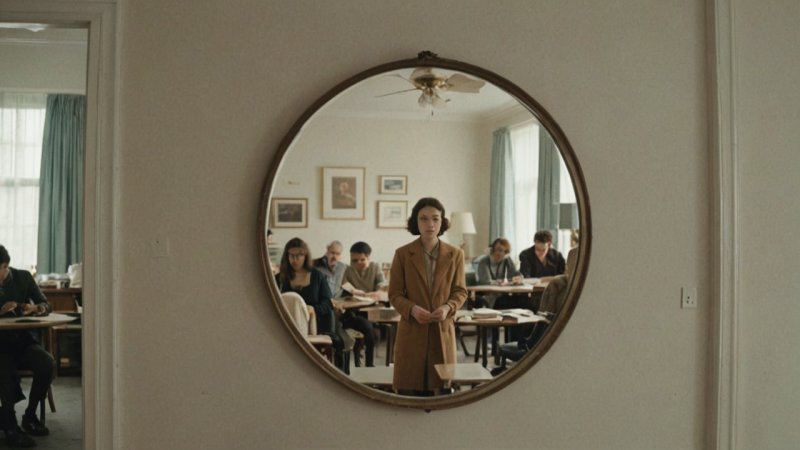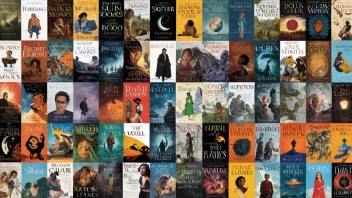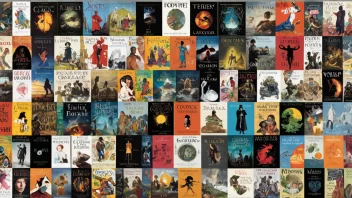Fiction has long been a powerful vehicle for exploring and reflecting societal values, and its role in modern culture is more relevant than ever. As we navigate rapid changes in technology, politics, and social dynamics, literature serves as both a mirror and a catalyst for these transformations. The stories we tell are a reflection of the world we live in, and in many cases, fiction can be a precursor to change, influencing our thoughts, behaviors, and cultural norms.
At its core, fiction allows us to explore complex human emotions and societal dilemmas in a way that is both engaging and thought-provoking. For instance, the rise of climate fiction, or cli-fi, has emerged in response to growing environmental concerns. Novels like 'The Overstory' by Richard Powers present intricate narratives that weave together human lives and nature, urging readers to confront the ecological crises facing our planet. By placing environmental issues at the forefront of storytelling, fiction fosters a culture of awareness and encourages activism among readers.
Fiction also reflects the changing landscape of cultural identities. As society becomes increasingly diverse, literature has begun to incorporate a wider range of voices, challenging traditional narratives. Authors from various backgrounds are sharing their stories, enriching the literary world with unique perspectives. Books such as 'Homegoing' by Yaa Gyasi and 'There There' by Tommy Orange provide insights into the experiences of marginalized communities, fostering empathy and understanding among readers. This shift not only enriches the cultural tapestry but also highlights the importance of representation in literature.
Moreover, fiction often grapples with the complexities of modern relationships and social dynamics. Contemporary novels navigate themes of love, friendship, and identity in ways that resonate with today’s readers. Works like 'Normal People' by Sally Rooney delve into the intricacies of human connection, capturing the essence of intimacy and vulnerability in a fast-paced world. These explorations of personal relationships allow readers to reflect on their own connections, fostering a culture of introspection and emotional intelligence.
In addition, fiction's engagement with technology and its impact on human interaction is increasingly relevant in today’s digital age. Many authors are exploring themes of isolation and connectivity in the context of social media and virtual realities. Novels like 'Little Eyes' by Samanta Schweblin examine the ways technology shapes our relationships and perceptions, prompting readers to consider the implications of their digital lives. As fiction navigates these themes, it encourages critical conversations about the role of technology in our society and how it affects our humanity.
Furthermore, fiction's ability to challenge the status quo cannot be overlooked. By presenting alternative realities and envisioning futures that differ from our own, authors inspire readers to think critically about their world. Speculative fiction, for example, allows us to explore hypothetical scenarios, often revealing the potential consequences of societal choices. This genre invites readers to reflect on pressing issues, from inequality to governance, and consider the paths we might take moving forward.
In summary, fiction is an essential component of modern culture, serving as a reflection of our changing values and a catalyst for social discourse. By engaging with diverse narratives, readers are encouraged to reflect on their own lives and the world around them. As we continue to navigate the complexities of contemporary existence, the influence of fiction will remain a powerful force for understanding, empathy, and change.
How Fiction Mirrors Society's Changing Values
Exploring how fiction reflects and influences societal values amidst modern cultural shifts.






